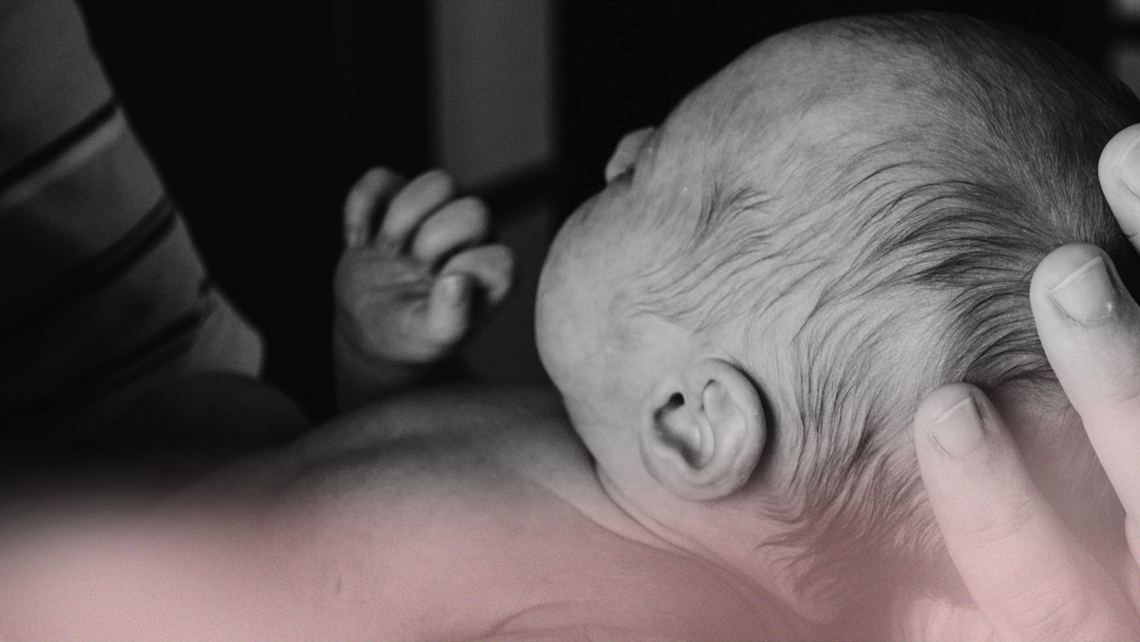
What is the best biological age to become a mother? How to know what is the age limit for me?
Nowadays there’re many factors influencing the decision to become a mother. Professional career, economic stability or the moment when the gestational desire appears can be perfectly valid reasons for delaying the search for pregnancy.
However, science does make it clear that there is a time in a woman’s life when her fertility is at its peak and no delay is advisable. However, science also now has new tools to try to help alleviate and overcome this decline.
Índice
The birth rate today
There’s currently a clear tendency to delay motherhood compared to our parents and grandparents. According to European statistics, the average age for mothers to have their first child is currently around 30.9 (2019 data) compared to 29.8 in 2008. In Spain we have it at 32.2, leading this ranking along with countries such as Ireland and Italy (2019 data).
This trend can also be seen when analysing the statistics of newborns by age group: babies are decreasing in the 20-30 age group, while they are increasing in the 40-44 age group, partly thanks to assisted reproduction techniques.
Impact of maternal age on fertility
Let’s start by explaining what human fertility looks like. Under normal conditions, our species has about a 20% chance of getting pregnant each month. We are not exactly the most fertile species. After a year searching, 84% of couples manage to become pregnant and after two years, 92% if they maintain an adequate rhythm of relations of 2-3 per week.
This fertility, already meagre in itself, clearly decreases as maternal age increases. Why?
According to the Spanish Fertility Society (SEF), a woman’s age is the most important prognostic factor in achieving pregnancy. And this, as numerous scientific studies have shown, is due to two independent factors: the ovarian reserve and the quality of the eggs. The negative effect of both factors begins at the age of 30, worsens from the age of 35 and becomes critical from the fourth decade of life onwards.
What is ovarian reserve?
To better understand this first factor, let’s explain how the ovaries work. The ovaries are the female organs housing the eggs and function as a “storehouse” for these cells, storing them in structures we call “follicles”.
Egg cells originate when a woman is still in her mother’s womb in her foetal life. In that moment she has millions of eggs, but from then on their number gradually decreases and only 400-500 of them will be ovulated during her reproductive stage.
Therefore, the number of eggs available to a woman is finite and they don’t have the capacity to regenerate. The ovarian reserve is therefore, according to the Spanish Fertility Society, the greater or lesser follicular endowment that a woman’s ovaries possess at any given time. Its decline as a woman ages is a continuous and irreversible process, but, statistically, it has been noted that it begins to be a negative factor after the age of 35. However, there’s variability between women, so it’s essential to study where each woman is at the time she’s considering motherhood.
What is oocyte quality?
It’s the second most influential factor in fertility, which also declines with age and is a less variable process among women. As women age, eggs lose the ability to carry out the correct biological processes during fertilisation and result in embryos that have their chromosomes (genetic information) altered (aneuploid embryos).
These chromosomal alterations are mostly incompatible with life, so that either pregnancy is not achieved or miscarriages occur. In the case of being compatible with life, they can be the cause of diseases such as Down’s Syndrome and others.
Other factors
In addition, with age, other problems which could interfere with female fertility, may also appear, such as myomas, polyps, endometriosis, etc., reducing the likelihood of a natural pregnancy.
Prevention strategies
Although based on all these data we know that there is a lower probability of success in assisted reproduction treatments after the age of 35, today the great advances in reproductive medicine are able to help many of the patients who are affected by these negative factors.
That is why good prevention with more information and scientific dissemination about fertility is so essential.
Many of the couples who come to our clinic are unaware of the important impact maternal age has on fertility or don’t know when fertility begins to decline.
It’s also important to know when is advisable to consult a specialist. The recommendations of our main scientific societies are:
- After 1 year of intercourse in women over 35 years of age.
- After 6 months in women under 35 years of age or in the presence of other factors (genetic diseases in the couple, irregular cycles, repeated miscarriages, previous pelvic surgery or men with previous genital pathology).
Perfect to delay motherhood
Another preventive strategy is elective fertility preservation. This consists of ovarian stimulation and egg freezing (oocyte vitrification). Once vitrified, the quality of the eggs is preserved and they do not age over time. This way, if a woman wishes to become pregnant in the future and is unable to do so naturally or through assisted reproduction techniques, she has a pool of her own eggs of a younger age that could result in a better reproductive prognosis.
It’s the ideal strategy for women aged 35 or younger who wish to postpone motherhood.
Dr Sofía Olalla, Gynecologist at Instituto Bernabeu
